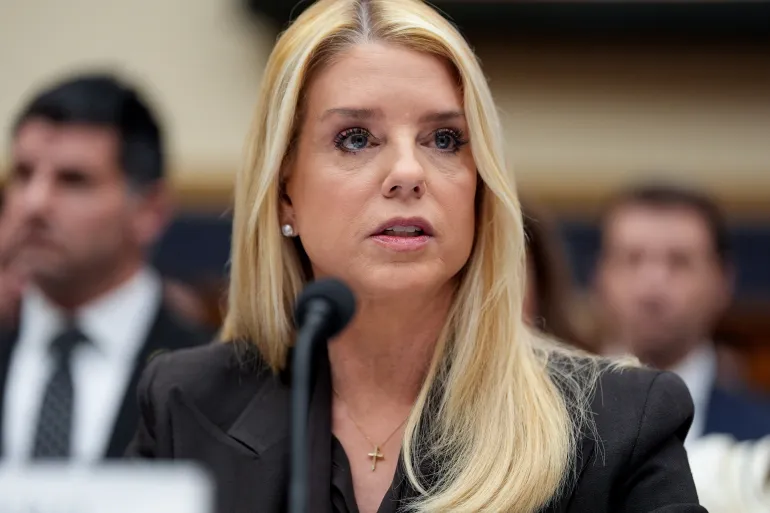Recent reports have revealed that Meta, the parent company of Facebook, maintains “block lists” preventing certain former employees from being rehired, Business Insider reports.
However, further investigations suggest that this practice is not unique to Meta but is common across various industries, leaving many job seekers unknowingly blacklisted.
Employees placed on block lists are often marked as “ineligible for rehire” without any formal notice or explanation. Many only discover their status when they attempt to reapply for jobs at their former companies and receive no response or face unexplained rejections.
Companies may use different terms for these lists. Some refer to them as “non-regretted attrition” or “do not engage” flags, making it difficult for employees to recognize when they have been blacklisted.
According to HR professionals, block lists serve as a risk management tool, preventing the rehiring of individuals who were terminated for performance issues or policy violations. However, critics argue that these lists lack transparency and oversight, often being used punitively rather than for legitimate business reasons.
Workers from a range of industries have shared similar stories of being unknowingly placed on block lists:
- A consulting industry employee discovered they had been blacklisted for over eight years after resigning due to workplace politics.
- A former chip company worker, who was laid off despite receiving a promotion and raise, was later told they were “banned for life” from returning.
- An engineer from a Silicon Valley tech firm found out they had been placed on a “non-regretted attrition” list despite strong performance reviews.
- A nurse with 38 years of experience attempted to return to previous employers, only to be informed by HR that they were no longer eligible for rehire.
In many cases, employees had no history of misconduct or poor performance, yet they were permanently blocked from returning, often without any means of appeal.
Employment law experts confirm that block lists are legal, as companies generally have the right to determine who they hire. However, they raise ethical concerns, particularly when employees are:
- Unaware of their blocked status
- Unable to appeal or challenge the decision
- Blocked indefinitely, even after years of professional growth
Some argue that these lists can be misused for retaliation or discriminatory purposes, allowing managers to blacklist employees for personal reasons rather than business-related concerns.
Legal and HR professionals suggest that companies should implement clear policies regarding block lists, including:
- Notifying employees if they are marked ineligible for rehire
- Allowing appeals or periodic reviews of blocked status
- Ensuring transparency in how decisions are made
The lack of oversight in how block lists are maintained has sparked discussions about whether industry-wide standards should be introduced. Attorney Karen Liska suggests that block lists should have expiration dates, allowing former employees an opportunity to reapply after a certain period.










The latest news in your social feeds
Subscribe to our social media platforms to stay tuned